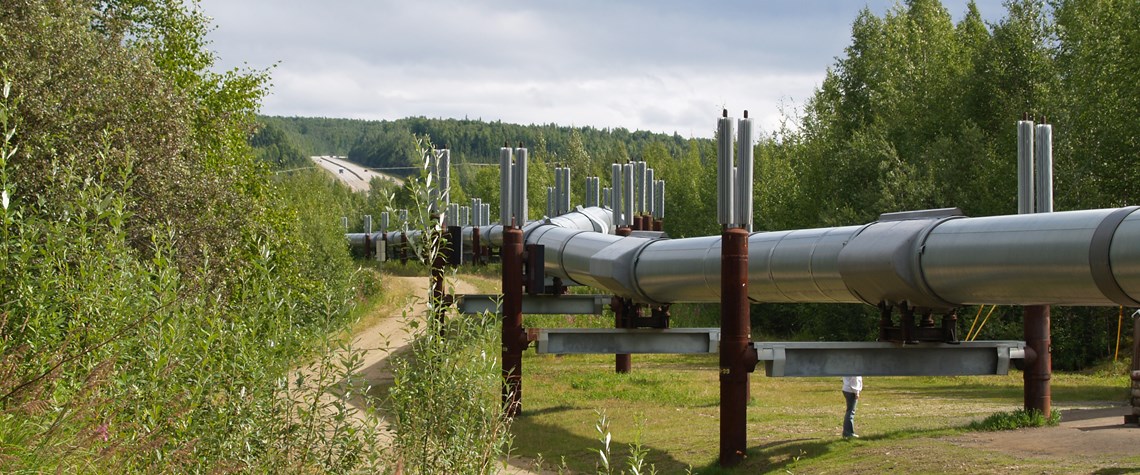The US shale business needs hundreds of billions of dollars of infrastructure investment to evacuate associated natural gas if it is to maintain oil production, Tellurian chairman Charif Souki told Gastech delegates on Tuesday.
“We [the US] have more gas than we know what to do with,” says the co-founder of Tellurian. “It is associated gas... [and] we do not have a place to put it. We do not have any legitimate way of increasing demand within the country—so we must export it.”
Souki predicts that over the next five years there will be 20bn ft³ of excess US natural gas. He says there are two choices: exporting it by pipeline to Mexico or turning it into LNG and “putting it on the water and sending it to the rest of the world”.
“In order to get it to the water and onto ships the infrastructure investments would be very significant, in the neighbourhood of two to three hundred million dollars,” he says. “The necessity to do it is absolutely there. If not, you either flare it or you do not produce the oil that comes with it.”
The required investment, over five years, would be split one-third on pipelines and two-thirds on liquefaction facilities. He admits that the “numbers are daunting” at a time “when the energy industry is not in favour”.
Souki says that the financial markets overfunded shale firms in the past but is underfunding them at time when a long-term approach is needed. “Wall Street is never patient,” he says, but for the industry to thrive “you have to find the proper balance” over time.
Unintended consequences
Souki also took aim at the politics of anti-fracking. “The first thing that you have to understand is that the fracking issue is an environmental issue… it is a global problem not [just] an American problem,” he says.
A ban on fracking would end the boom in US gas and LNG exports and force potential customers globally to use fuels with a higher carbon footprint.
“The first consequence would be a disaster to the environment,” says Souki. “The most populous areas of the world would have no choice but to go to coal to substitute for the natural gas that would have come from the United States.”
Secondly, a reduction in US supply would inevitably lead “the price of oil to go through the roof” in the US and around the world. The revenue from the elevated price would benefit Russia and Saudi Arabia, he says, at the expense of the US.
The third consequence is that “there would be a recession in the US” as people would struggle to pay for gasoline and their electricity bills.
“You can wish for banning fracking and the green new deal if you want to—but that is not a policy, that is an aspiration… If they do [get enacted] they will come with disastrous consequences, on every front.”
Charif Souki co-founded Tellurian with Martin Houston in February 2016 and serves as chairman. Before that, he founded Cheniere Energy in 1996 and served as chairman of the board of directors, CEO and president until December 2015.








Comments